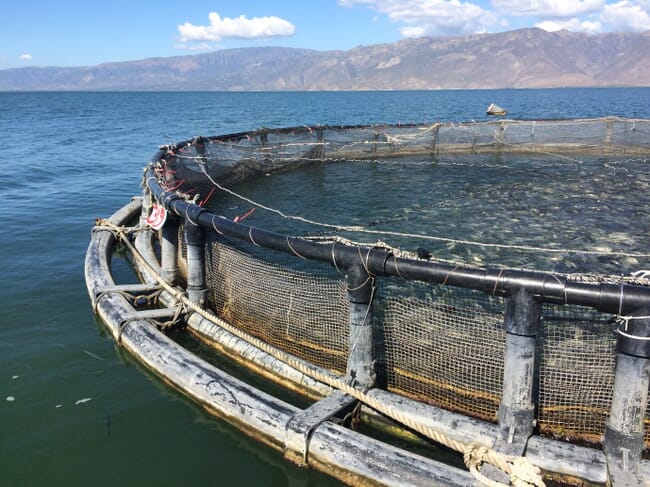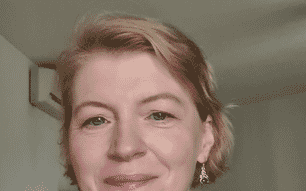The project will involve an extensive tilapia vaccination programme and an improvement of distribution channels to increase the quality of affordable fish that reach domestic markets – improving food security and resulting in the creation of local jobs.
The country currently imports more than 50 percent of its foods, compared to only 19 percent in the 1980s. However, IDH, The Sustainable Trade Initiative and Taino Aqua Ferme (TAF) expect Haitian aquaculture to become the local provider of affordable, sustainable protein.

© IDH
The aquaculture industry in Haiti began in the 1950s by stocking fish in rivers, lakes and irrigation canals. In the 1960s, more than 4,000 ponds were built in various regions. Fish farming weakened in Haiti after the 1970s due to different challenges but revived from 2006 onwards on a very small scale. IDH and TAF aim to boost the industry again, beginning with this project.
TAF grows its tilapia on Lake Azuei, in the east of the country, while the company also operates a hatchery, nursery, processing plant and several distribution points. According to IDH, the "company also has the potential to become a hub for SMEs and outgrowers to also farm fish, whereby TAF can provide: training on how to farm fish; high-quality fingerlings; high-quality feed; process and distribution facilities".
Hans Wooley, CEO of Taino Aqua Ferme, says: “We view aquaculture as the next major pillar in local food production and an emerging new sector that has the potential to significantly contribute to economic development on the national stage. We’re excited to work with IDH towards those ends.”
IDH brings together businesses, companies, governments and NGOs to combine their interests and power in sustainable production and trade of tropical commodities. They convene, (co-)finance and manage large programs to accelerate transitions toward sustainability. Headquartered in the Netherlands and funded by different governments and foundations, IDH delivers scalable, economically viable impact on the UN’s Sustainable Development Goals. IDH operates globally in 12 different industry sectors ranging from coffee and tea to cotton and soy, and encourages joint investment in innovative models to realize long-term solutions for environmentally and socially sustainable production.
Flavio Corsin, aquaculture programme director at IDH, says: “Our focus is to develop more efficient and sustainable food production systems to feed a growing global population. This project allows us to deliver on that, in a country where efficient food production is most needed.”
Since 2010 IDH has orchestrated a change towards responsible aquaculture. They co-founded the formation of the ASC, together with WWF, and accelerated ASC certification.
Through this input the organisation claims to have “upgraded 630,000 tonnes… of tilapia, shrimp and pangasius production towards sustainability”.



